Mother of two despite Hashimoto’s Disease
At the age of 20 I was diagnosed with an autoimmune disease called Hashimoto’s thyroiditis.
Months before the diagnosis, I was very unwell. I couldn’t really put it into perspective because it affected so many areas of my life. I was unusually exhausted and worn out. Immediately after work, I lay down on the couch and fell asleep straight away. My boyfriend at the time had to wake me up for dinner. In addition, I had a very poor appetite. I only ate a snack now and then, and went straight back to bed to get some more sleep. With the little energy I had left I was only able to go to work. I was also very emotional and weepy all the time. I couldn’t control it. I had trouble concentrating and following a conversation. Sometimes after the night shift I would drift off to sleep behind the wheel on the way home. On other days, I suddenly felt great, like nothing ever happened. I felt stable and like myself again. I was stuck in this situation for years until I finally decided to go to the doctor, and only then because my boyfriend was worried and asked me to check it out.
My German GP checked my blood. A week later, she called and me asked to come back urgently. When I arrived, the first thing she actually said to me was: “Your blood values are so bad, you can’t even get pregnant right now!” That day I was diagnosed with Hashimoto’s thyroiditis. Since then I have been taking L-thyroxine daily and I have regular thyroid examinations done.
I am glad that I was able to get help. Even though I didn’t want to have children at the time, 11 years later it became important to me. As my hormonal levels were stable after taking medication for so many years, I had no problems getting pregnant. I had a lot of bleeding until the 4th month of pregnancy which was obviously very stressful. Unfortunately, I didn’t feel that my gynecologist took any of my concerns seriously. When I wanted a second child, I had a miscarriage in the 4th week. Luckily, I was able to deal with this loss well enough to try again. My next attempt worked straight away. During my both pregnancies, my blood values were closely monitored and the L-thyroxine was adjusted when necessary. Today I am the mother of two healthy girls.
If you suffer from Hashimoto’s Disease, there is one important thing I would like to acknowledge: If you have the impression that your doctor is not taking you seriously or your gut feeling is at odds with their diagnosis (or lack thereof), change your doctor, get a second opinion. I had to change my doctor a few times before I felt finally taken seriously. As Hashimoto’s is quite common in women, it is often only treated superficially by the doctors. Hashimoto’s is very complex in its occurrence and need to be treated on a person-to-person basis. In my opinion, GPs know too little about this illness and tend to ignore the symptoms. It is best to see an endocrinologist or nuclear medicine specialist. That’s where I felt well-informed and in the best hands.
I have been living with Hashimoto’s disease for 17 years now. Today I know my body very well and I can quickly notice when something is out of balance. I am my own professional when it comes to my autoimmune disease. In November 2023 I had an ultrasound with my endocrinologist and it turns out my thyroid has now completely dissolved. It’s simply no longer there. I feel fine, though.
Hashimoto’s thyroiditis – Definition and symptoms
If you are new to Hashimoto’s thyroiditis, here is some more information on this disease:
Hashimoto´s thyroiditis is an autoimmune disorder. Normally your autoimmune system protects your body by attacking bacteria and viruses. But with this disease, your immune system attacks your thyroid gland by mistake. Your thyroid then cannot make enough thyroid hormone, so your body cannot function properly. Therefore Hashimoto’s thyroiditis can have a negative impact on your fertility. Since women suffer from Hashimoto’s disease twice as often as men, if you have the following symptoms, you should consider going to a doctor:
- Sensitivity to cold
- Fatigue, apathy, lack of motivation
- Nervousness
- Memory impairment
- Pale, dry skin
- Edema
- Hair loss and brittle nails
- Constipation
- Depressive mood
- Weight gain
- Advanced disease: low pulse, increased blood pressure, heart muscle weakness, pericardial effusion
Treatment
- Regular blood tests and ultrasound of the thyroid gland.
- Likely controlled intake of synthetic L-thyroxine for the rest of your life
Hashimoto’s disease and pregnancy
The thyroid gland is considered a key gynecological organ, which is why Hashimot’s disease can have a major impact on your fertility. The disease does not make you infertile per se. However, depending on how it progresses, it significantly reduces the likelihood of pregnancy. Both hypothyroidism and hyperthyroidism can result in a woman not becoming pregnant despite having regular sexual intercourse at the time of ovulation. This is because thyroid hormones influence the sex hormones progesterone and oestrogen, among others. Hashimoto’s thyroiditis can lead to an irregular cycle or no ovulation at all. It can also increase the risk of miscarriage. In order to increase the likelihood of pregnancy, blood tests must be carried out regularly and the L-thyroxine adjusted if necessary.
Do you also suffer from Hashimoto’s Disease? Did you have difficulties in getting pregnant? What is your experience with treating Hashimoto’s Disease in your country? Since “10-12% of the general population will develop Hashimoto’s at some point in their life”, which “affects roughly 4 out of 1000 women and 1 out of 1000 men each year” 1, this subject is definitely worth our attention. Share your story with others.
References :
Further reading :
- Hashimoto’s disease – Mayo Clinic
- Hashimoto’s Disease – NIDDK
- How does Hashimoto Disease affect Pregnancy?
- The impact of Hashimoto’s disease on female fertility
Did you like this article?

Meet the Author
Julia Kolbe, co-founder of No Taboo Mom, is a Berliner, psychiatric nurse, medical instructor, wife, and mom of two girls. Working in German healthcare, she saw firsthand the gaps in addressing women’s well-being, particularly during pregnancy and motherhood. These experiences inspired her to take action and advocate for a more holistic and compassionate approach to women’s health. “No Taboo Mom is about breaking the silence and fostering honest conversations. By sharing our stories, we empower women to navigate the unspoken challenges of womanhood and motherhood with strength and solidarity.

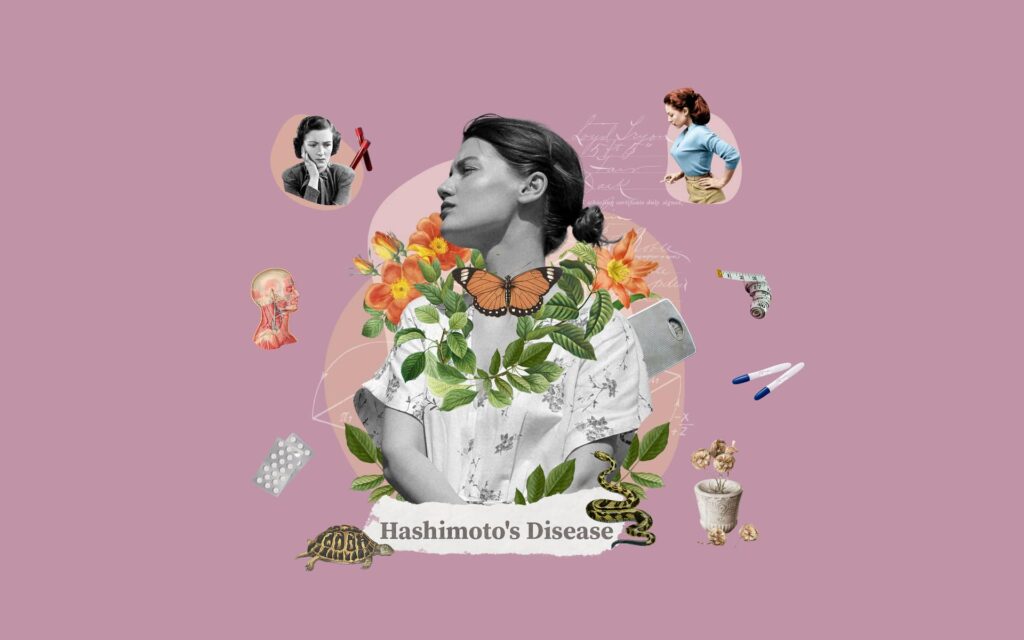
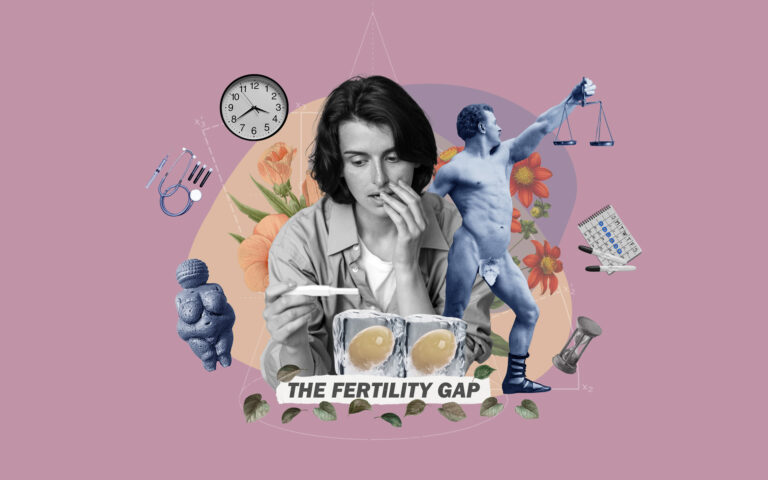

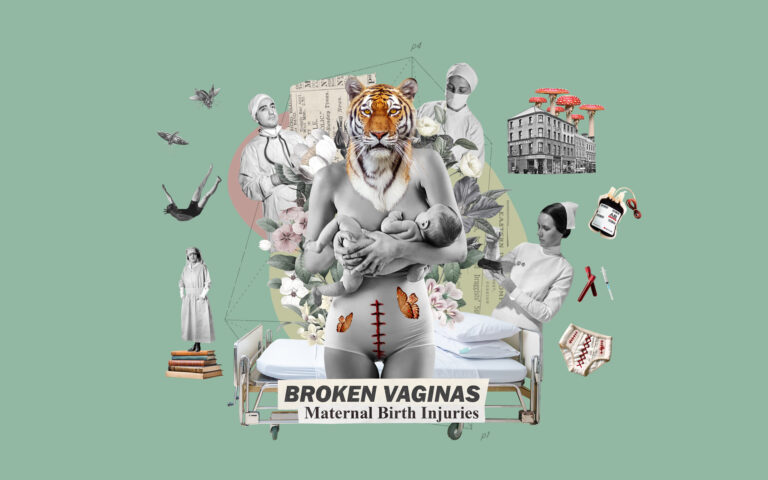

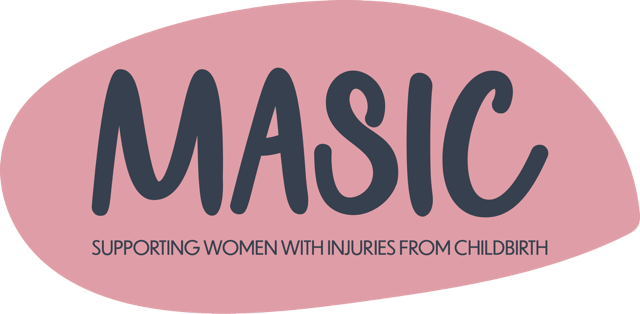




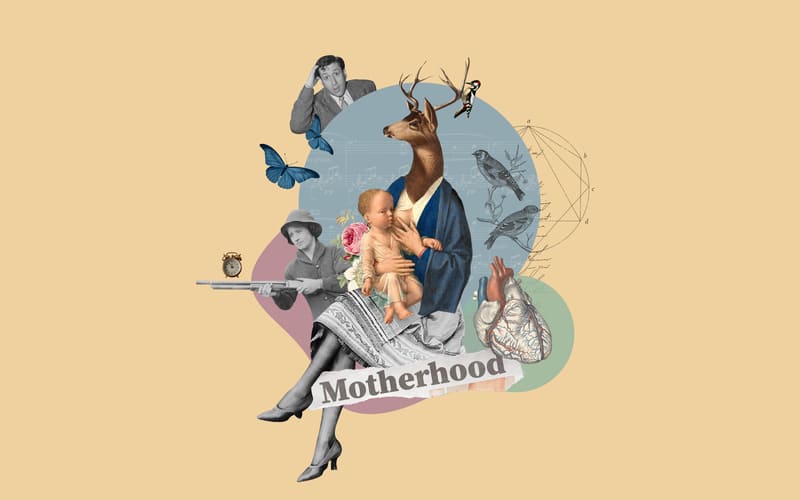
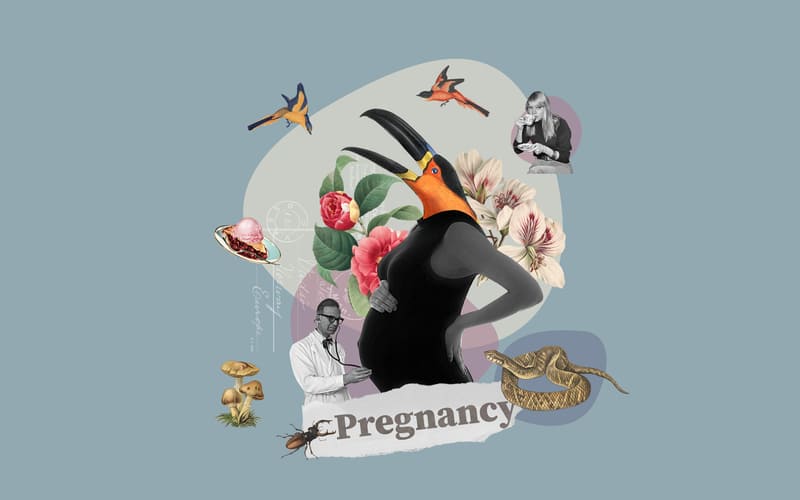
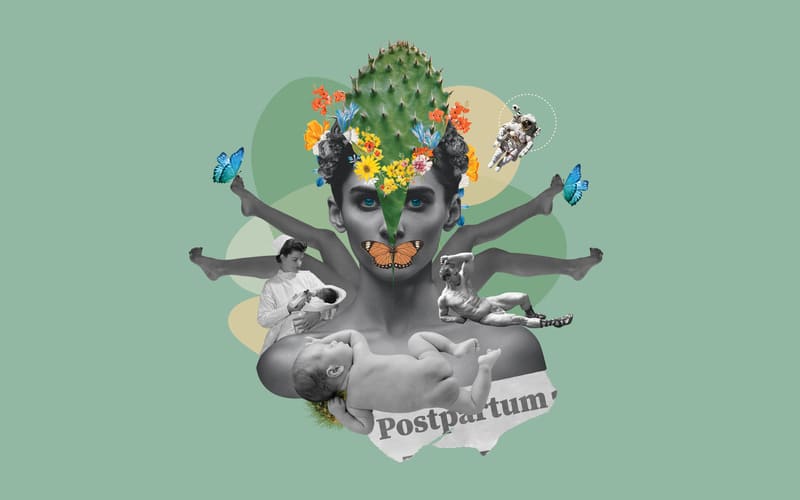


Thanks for finally writing about > Living with Hashimoto’s Disease – Wish for children Impacto mecanico
Nationality: Roseanne
Number of children: 1